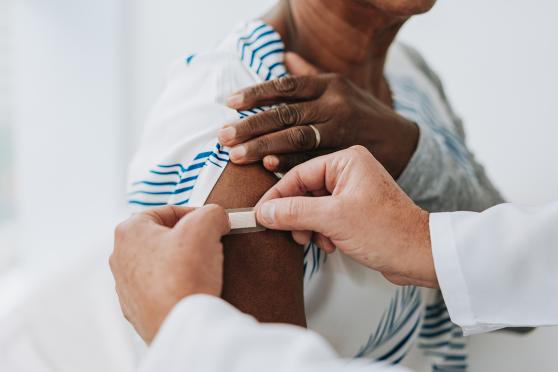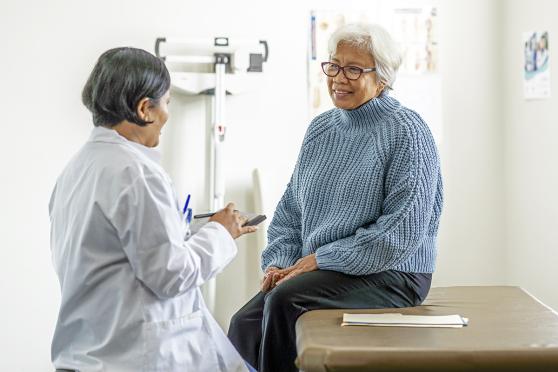How to identify depression
When life gets busy, our emotional health can sometimes take a back seat. But when feelings of sadness, anxiety, and worry linger and impact daily life, it’s important to seek help.

Occasional worry, fear, and sadness are facts of life. Will I pay this bill on time? How will my interview go? How will I cope with this breakup?
But at what point do those entirely normal emotions blur into something more serious? If they are persistent, seemingly out of control, and overwhelming, it may be a sign of a clinical condition called depression. In addition to the effect on your mental health, these kinds of prolonged emotions can take a toll on your physical health, too.
In fact, when left untreated, depression can increase your risk of heart disease, diabetes, gastrointestinal issues, and a weakened immune system.
The good news: Depression and anxiety disorders are treatable. The sooner you’re able to identify your needs and receive help, the sooner you’ll start to feel better. Here are some of the most common signs of depression:
- An “empty” feeling
- Lack of energy, or fatigue
- Loss of interest in activities
- Trouble sleeping
- Frequent crying
- Irritability or anger
- Unexplained aches and pains
- A hard time focusing
- Feelings of hopelessness
- Thoughts of death or suicide (if you’re having suicidal thoughts, call the 24/7 National Suicide Prevention Lifeline at 988)
If you have several of these symptoms and they last more than two weeks, the National Institutes of Health recommends that you talk with your doctor about treatment options. Your doctor will determine whether you are experiencing depression or if a different health problem is affecting your mood, such as a thyroid disorder or a medication side effect.
Treatment is available
The two main types of treatment are talk therapy and medication, or a combination of the two.
Talk therapy is counseling with a psychologist, licensed clinical social worker, psychiatrist, or other emotional health expert. Therapy sessions can help prevent feelings of depression and identify issues that may be causing you to feel that way.
Depression medication generally refers to antidepressants, and there is a range of options on the market. If your doctor feels medication might be appropriate, he or she will discuss them with you.
Different approaches and combinations work for different people, and your doctor will help determine the right treatment for you. Therapy and medication do not necessarily show instant results, so know that treatment may be a process that takes time.
Small steps can help
When you’re feeling down, it can be hard to reach out for help. But small steps can go a long way. For example, spending time with friends and family, even virtually, can help counter depression. Consider engaging in your community in the following ways:
- Have a phone call with a friend you haven’t spoken to recently.
- Attend an in-person or virtual workout with a friend or take a walk together.
- Donate to charities and various causes in your area.
The most important thing you can do when struggling with depression is to ask for support from professionals, friends, and family members. Know that you are not alone, and you can get the support you need.
For any questions regarding mental health coverage, benefits, or providers, please call the Mental Health/Substance Abuse phone number on the back of your member ID card.


